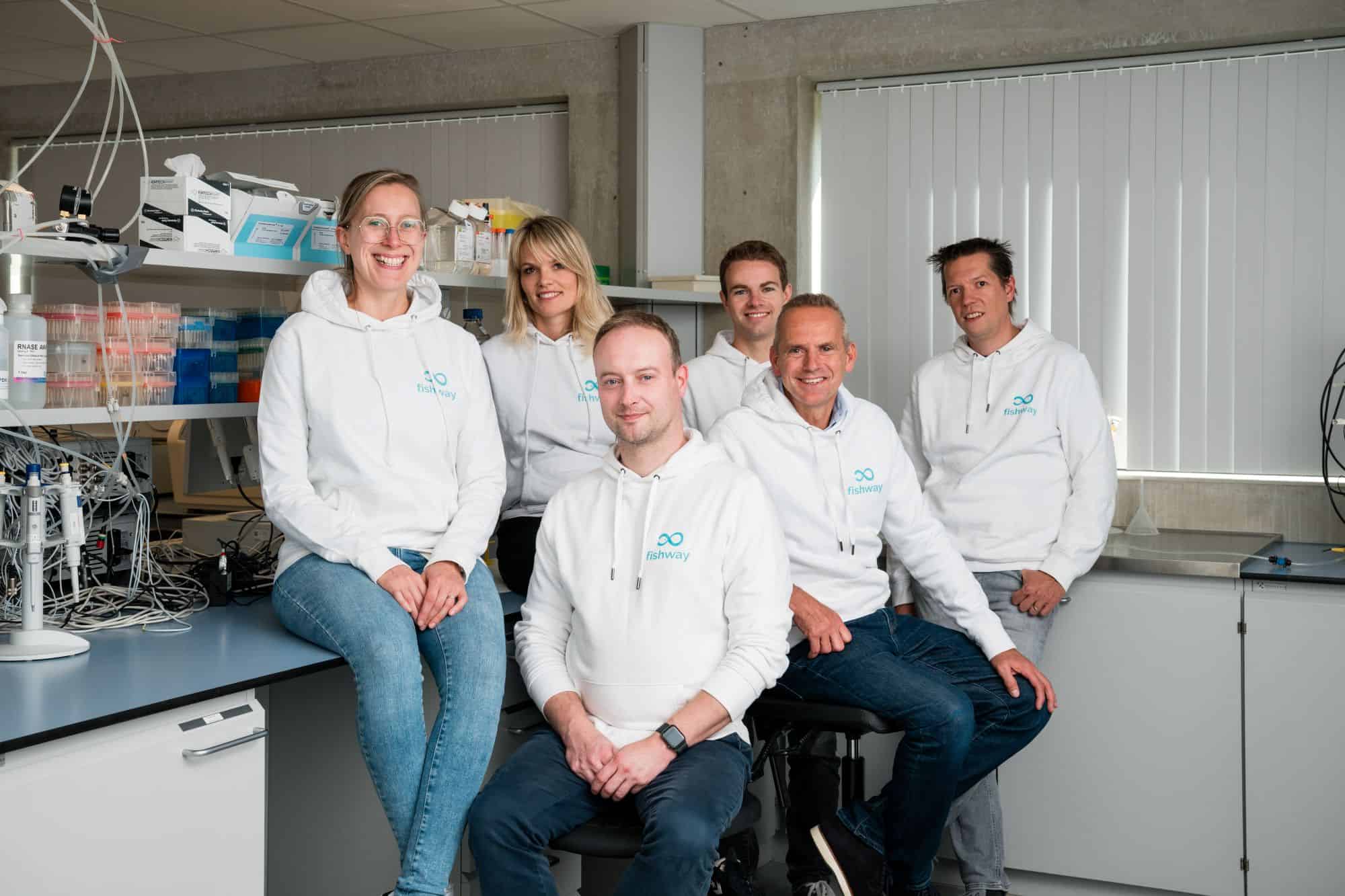A new research project led by James Cook University (JCU) and the Singapore Institute of Technology (SIT) is investigating the use of seaweed as a potential alternative to traditional cell culture media in the production of cultivated meat and seafood. This initiative seeks to address the challenges of sustainability, cost, and ethics in cellular agriculture by utilizing seaweed’s abundance and fast-growing nature.
Turning seaweed into meat
The project, named SeaToMeat – Optimizing Seaweed Proteins to Cultivate Meat, focuses on converting seaweed proteins into hydrolysates, which are mixtures of amino acids, small proteins, and bioactive compounds. Hydrolysates are formed when larger proteins are broken down into smaller components. These seaweed-derived hydrolysates could serve as a low-cost and sustainable alternative to the fetal bovine serum traditionally used in cell growth media.
Dr. Thimo Ruethers, a Research Fellow at the Tropical Futures Institute (TFI) at JCU Singapore, described the project’s goal: “We are exploring avenues to turn seaweed into delicious cultivated meat and seafood.”

The team is using enzymatic hydrolysis technologies to break down different seaweed species and identify the most effective processes for creating protein hydrolysates. This research could provide a more affordable and sustainable way to nourish the animal cells used in cultivated meat and seafood production.
The collaboration includes researchers from JCU, SIT, and IPB University in Indonesia, with the involvement of Umami Bioworks, an industry partner specializing in cellular aquaculture. The project is supported by a research grant from the Good Food Institute (GFI) and is focusing on sourcing seaweed sustainably from farms in Indonesia and Australia.
Cost reduction in cultivated meat
SIT’s food processing expertise plays a key role in refining the extraction and refinement processes of seaweed-derived hydrolysates. Meanwhile, JCU brings expertise in protein science, food safety, tropical aquaculture, and marine science to the project, particularly in evaluating the nutritional properties of seaweed. Umami Bioworks contributes practical insights into the integration of these ingredients into real-world cultivated seafood systems.
Professor Andreas Lopata, Head of Health Sciences at TFI, highlighted the potential impact of the research: “If successful, the project could reduce the cost of cultivated meat production and lower dependence on conventional ingredients, supporting a more sustainable and ethical food system.”




